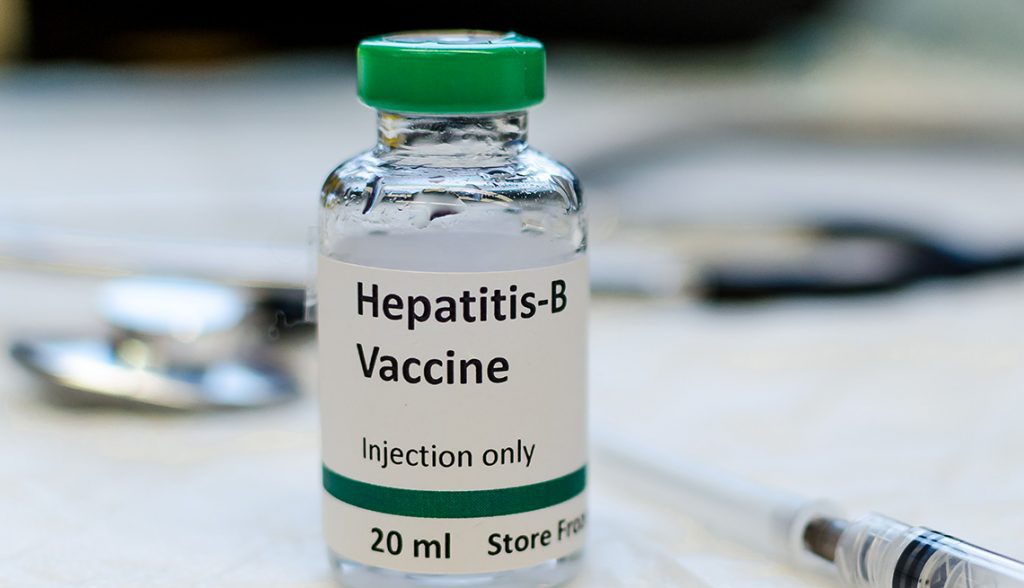HEPATITIS B BIRTH DOSE VACCINES TO BE ROLLED OUT FOR ALL NEWBORN BABIES BY END OF YEAR

Hepatitis B is a serious health problem. Giving vaccines to newborns is crucial for stopping the virus from passing from mother to child.
For over 20 years, preparations have been underway to provide these vaccines to all newborns in a few months.
In Ghana, around 2.8 million people live with the Hepatitis B Virus, and about 14,000 people die every year because of HBV.
Half of those with long-term hepatitis B and C infections are between 30 and 54 years old, while 12% are children under 18.
Many newborns in Ghana are born to mothers with hepatitis B. Unfortunately, most mothers do not know they have the virus until after giving birth.
Usually, babies receive the vaccine at 6 weeks old, but experts warn that this might be too late, as babies might already be exposed to the virus before hospital check-ups.
It is vital for every newborn to get the hepatitis B birth dose vaccine to prevent mother-to-child transmission.
Research indicates that this vaccine can reduce the risk of virus transmission by up to 90%.
This is especially important in Ghana, where hepatitis B is a leading cause of liver cancer and liver damage. Advocates have long promoted the need for birth dose vaccines.
Dr. Amoako Duah, a consultant Gastroenterologist at the University of Ghana Medical Centre wants the government to prioritize the disease’s management in the country.
‘‘Hepatitis B and C together cause about 90% of cancers and once you get cancer of the liver, studies have shown that their survival rate is about 2 and half month. We hear more about breast cancer, malaria HIV and TB and it’s only because we get funding from the Global Fund. But viral hepatitis has not attracted international attention yet, and as a country we are also not looking at how the condition is affecting the population. So, my appeal is that management of this disease should be covered by the NHIS.’’
The World Health Organization recommends the inclusion of the hepatitis B birth dose vaccine in every country’s Expanded Programme on Immunization (EPI) schedule, and finally, the country is hitting the mark.
Program manager for the expanded program on immunization at the Ghana Health Service, Dr. Kwame Amponsa Achianno says the vaccines will be introduced this year.
‘‘We know that to complete the cycle of prevention, you need to protect the newborn as soon as they are born. So fortunately, as part of the portfolio optimization, GAVEY the alliance that supports vaccination is supporting the country to introduce the birth dose this year. “Processes are far advanced and hopefully by end of year, we should be implementing the doses.” He revealed.
NKONKONSA.com





